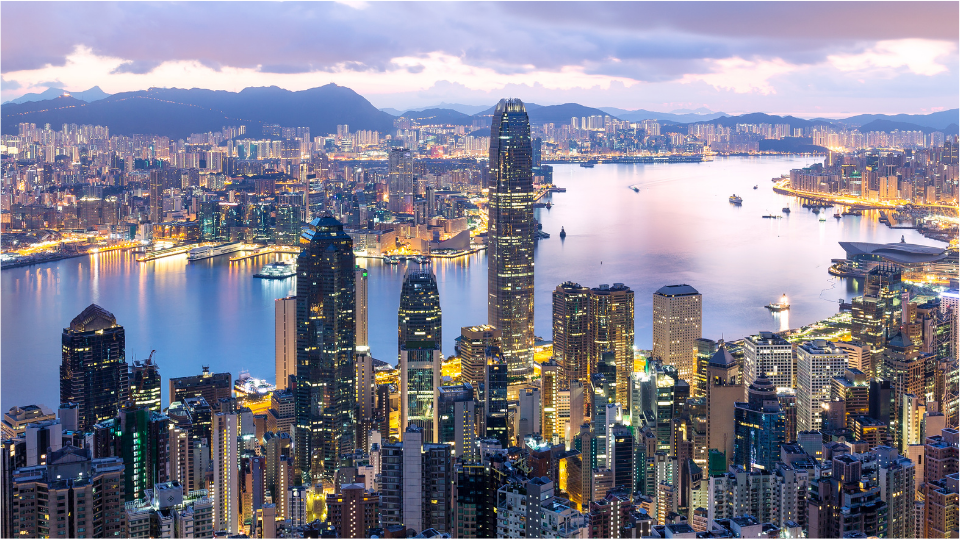Hong Kong has been named the most expensive city in the world for international workers according to a global cost of living survey that was released last month. The list, which compared prices of goods and services across more than 400 cities worldwide, cited the strong Hong Kong dollar and inflation as the main reasons behind the city’s No. 1 ranking.
Mercer’s 2022 Cost of Living Survey takes into account factors such as price increases in common day-to-day goods and services and accommodation. Hong Kong is one of four Asian cities in the Top 10, followed by Singapore (No. 8), Tokyo (No. 9), and Beijing (No. 10).
| RANK | CITY | COUNTRY/TERRITORY |
| 1 | Hong Kong | Hong Kong SAR |
| 2 | Zurich | Switzerland |
| 3 | Geneva | Switzerland |
| 4 | Basel | Switzerland |
| 5 | Bern | Switzerland |
| 6 | Tel Aviv | Israel |
| 7 | New York City | United States |
| 8 | Singapore | Singapore |
| 9 | Tokyo | Japan |
| 10 | Beijing | Beijing |
Mercer’s rankings, which are based on data collected between September 2021 and March 2022, are calculated using the prices of more than 200 items across categories that include housing, transportation, utilities, food, recreation and entertainment, and alcohol and tobacco.
According to this study, the price increase of everyday items in Hong Kong such as gasoline and beer was 8% and 10% respectively. There was no increase in items such as cooking oil and bread. However, the city scored low on the cost of living versus quality of living index, which takes into consideration factors such as affordability of housing, safety, sanitation, eco-friendliness, education standards and governance.
Tracey Ma, Regional Mobility Leader, Asia Pacific, said in a statement from Mercer, “Despite the relatively lower inflation in Asia compared to the rest of the world, high prices and strong currencies — with the exception of Japan and Korea — continue to propel Asia as one of the most expensive regions for international employees.” Ma added that Mercer also observed a significant decrease of international assignments into Asia in the past 18 months.
Header image credits: Leung Cho Pan via Canva




